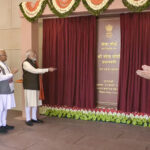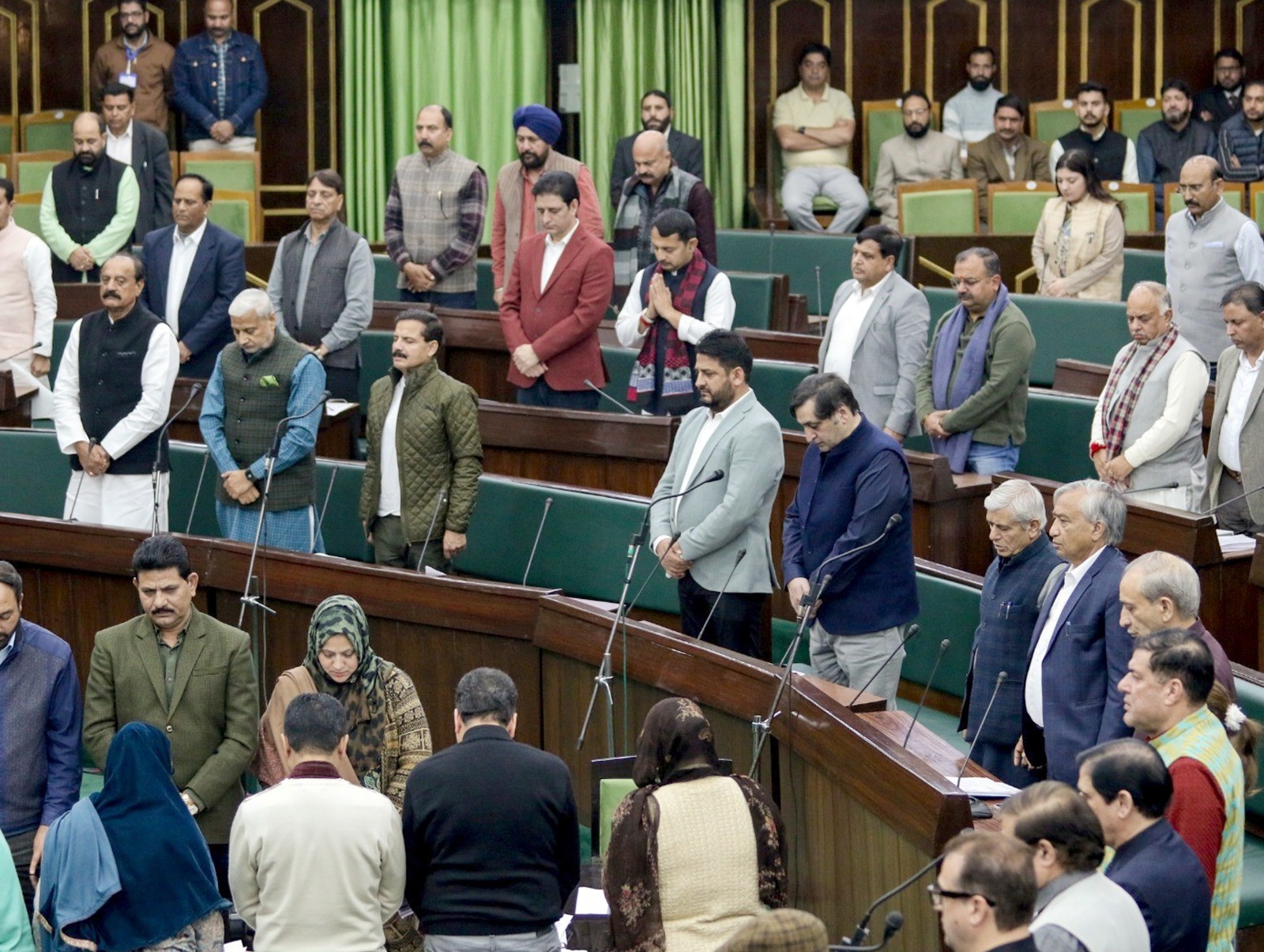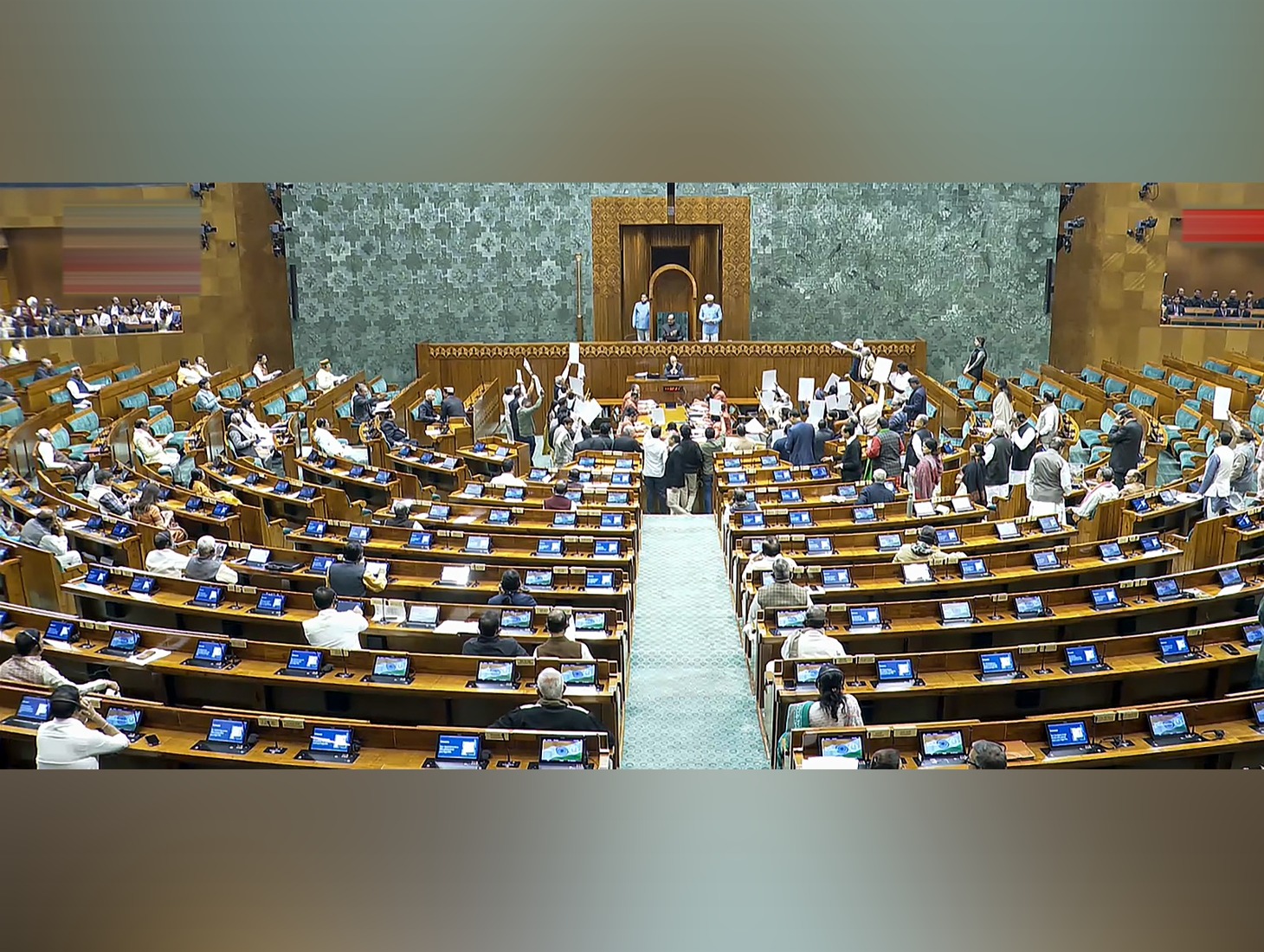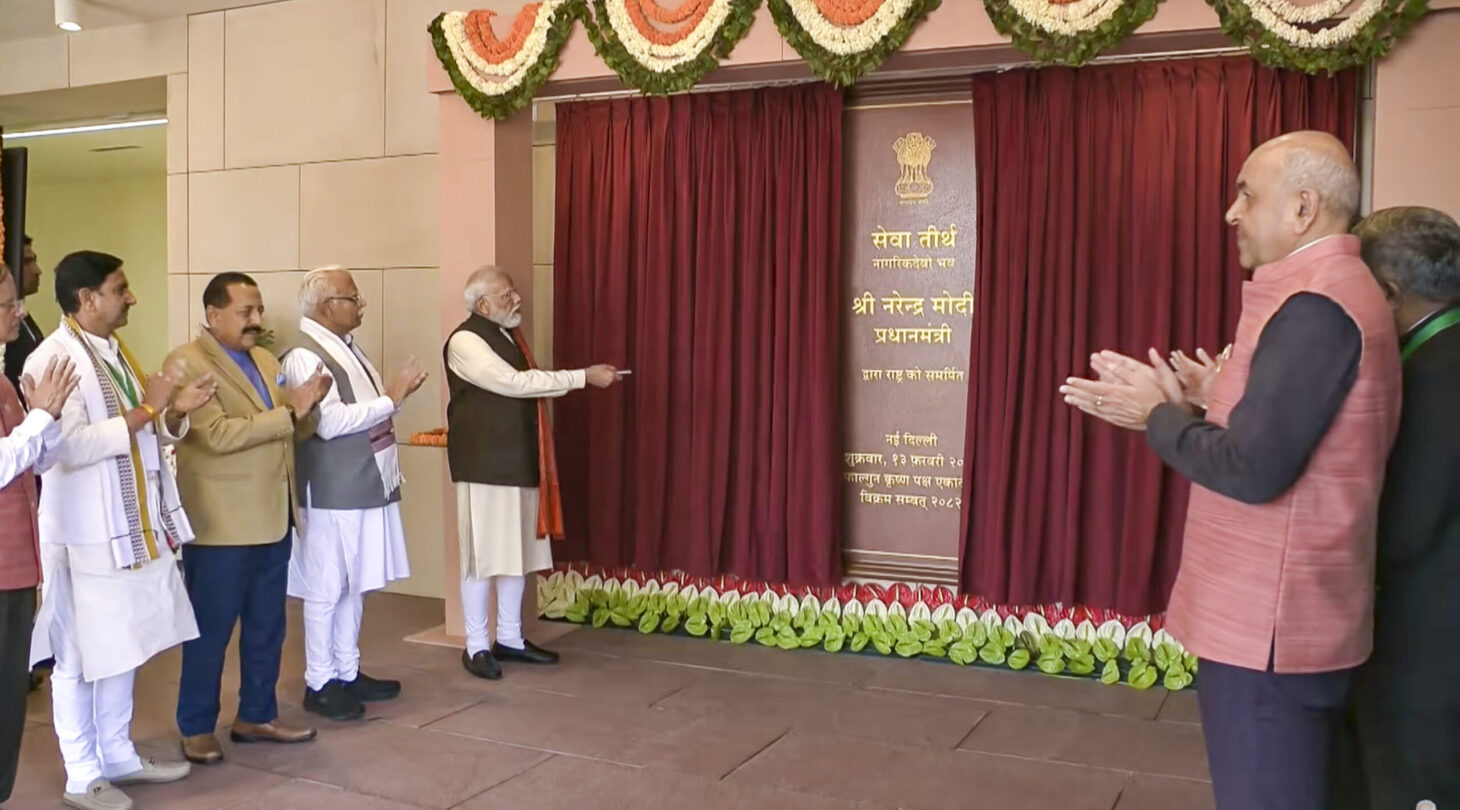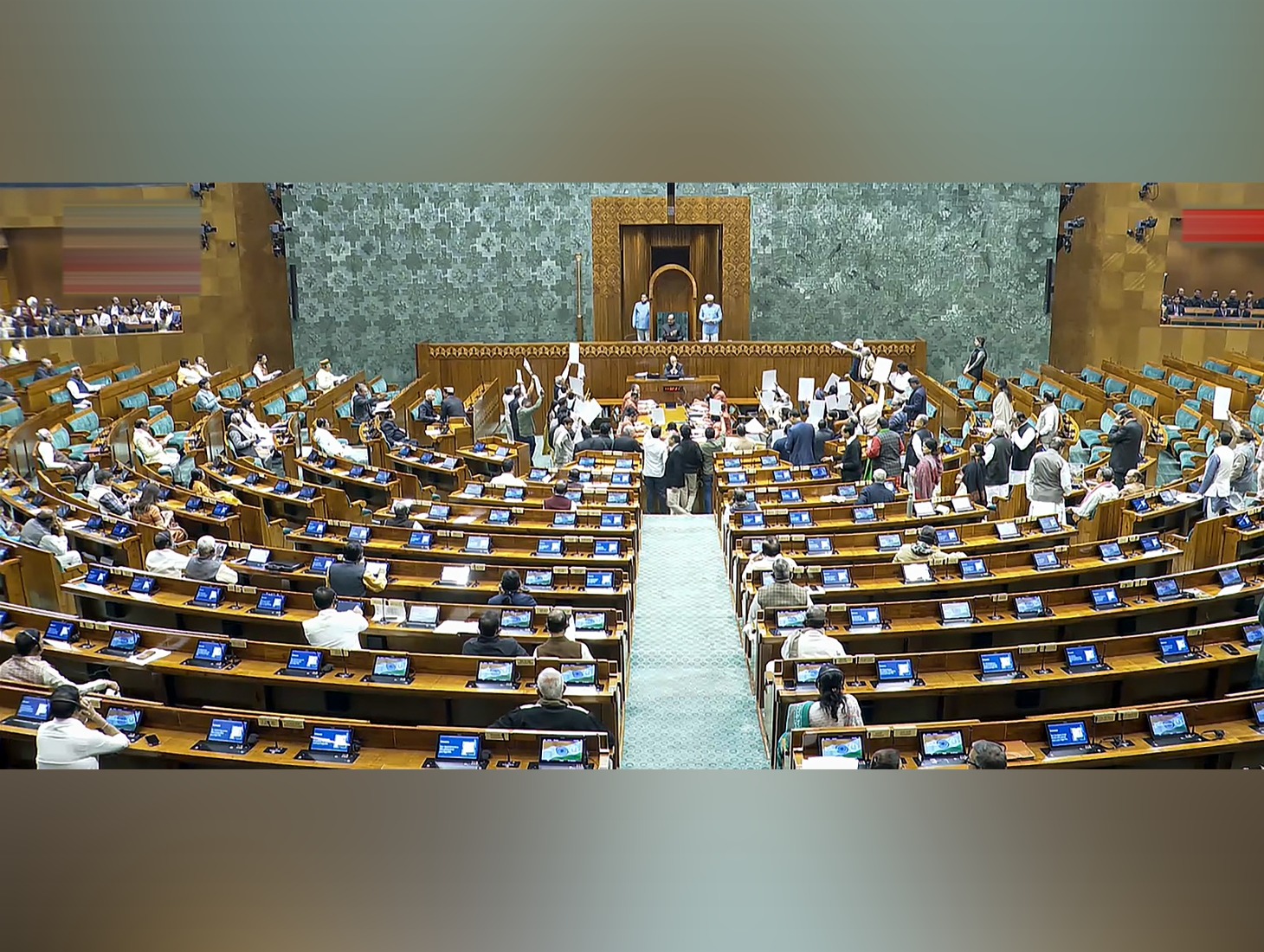India, UK sign major trade deal aimed at doubling bilateral trade by 2030
Yog Raj Sharma
The North News
Shimla, July 24
India and the United Kingdom have signed a major free trade agreement in a move expected to reshape their economic relationship and significantly increase bilateral trade volumes. Commerce and Industry Minister Piyush Goyal and UK Secretary of State for Business and Trade Jonathan Reynolds signed the Comprehensive Economic and Trade Agreement (CETA) on Thursday in the presence of Indian Prime Minister Narendra Modi and his British counterpart.
The deal comes after months of negotiations and is being described as a “historic milestone” in India’s trade diplomacy, particularly with developed economies. Under the agreement, 99 percent of Indian exports to the UK will now enjoy duty-free access, covering a wide range of goods from textiles and leather to engineering goods and auto components. Labour-intensive sectors such as marine products, gems and jewellery, toys, and footwear are also expected to benefit.
India and the UK, the world’s fourth and sixth largest economies respectively, aim to double their bilateral trade from the current USD 56 billion to over USD 100 billion by 2030. The services sector—long a key driver of the Indian economy—also features prominently in the agreement. Professionals in sectors such as IT, finance, education, law, and digital services will gain broader market access. New visa arrangements will ease entry procedures for skilled Indian workers, including architects, engineers, yoga instructors, chefs, and musicians.
A separate social security arrangement under the “Double Contribution Convention” will exempt Indian professionals and their employers from making UK social security contributions for up to three years, lowering employment costs and improving competitiveness.
Goyal credited Prime Minister Modi’s leadership for steering the agreement forward, calling it a “balanced and ambitious framework” that would fuel inclusive growth. He said the deal strengthens India’s ‘Make in India’ initiative while offering new opportunities for start-ups, artisans, MSMEs, and women entrepreneurs.
Both sides say the agreement includes measures to promote sustainability, reduce non-tariff barriers, and support innovation.
Analysts say the deal could be a major boost to India’s global trade ambitions and reinforce economic ties at a time when both countries are seeking to diversify supply chains and build resilient partnerships.






